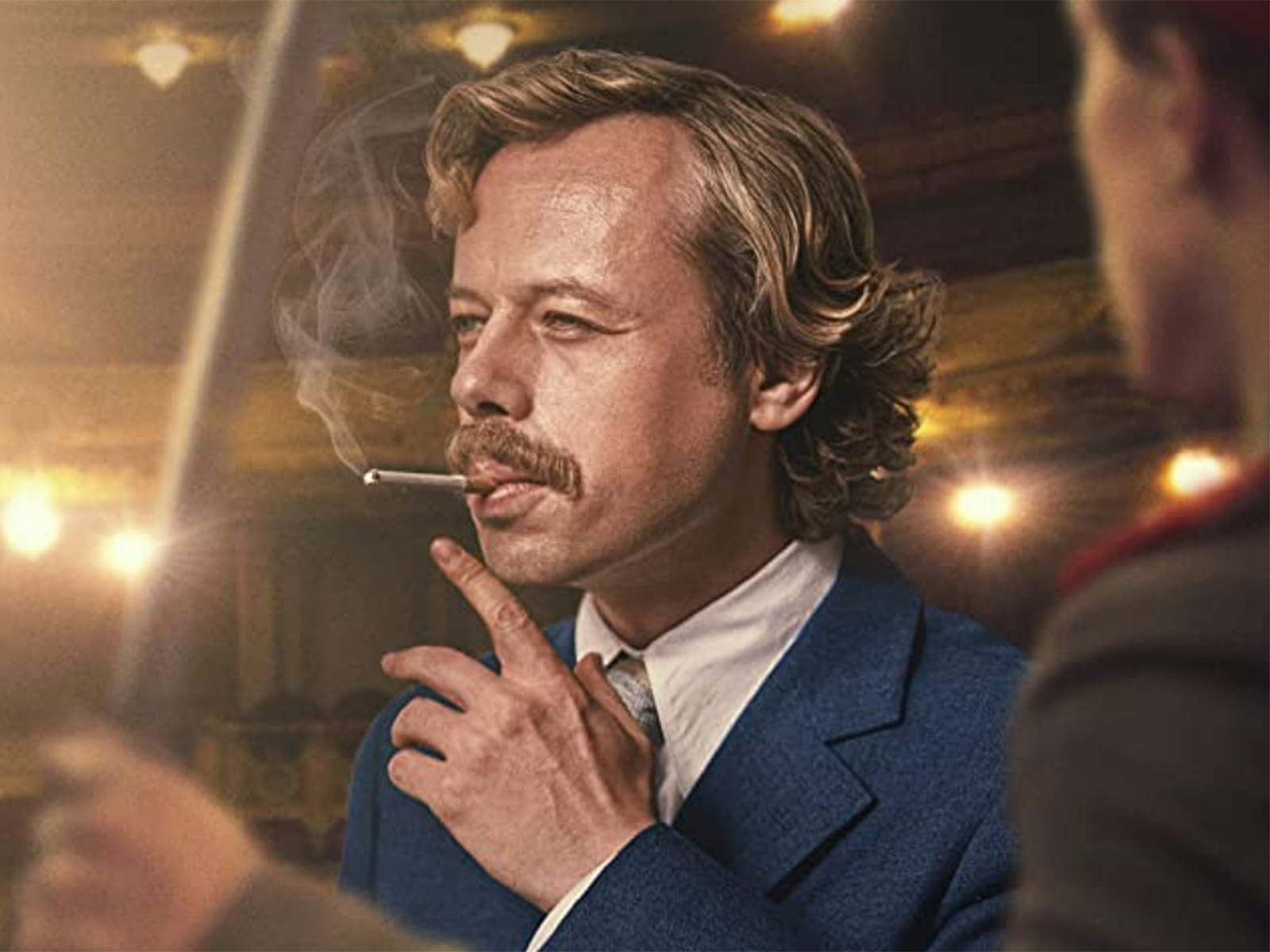
- Golden Globe Awards
Havel (Czech Republic)
The artistic and political lives of Vaclav Havel, leader of the Velvet Revolution, are skillfully interwoven in this elegant biopic by Czech director Slávek Horák. Spanning three decades, beginning with the 1968 Prague Spring, the viewer sees how Havel is transformed by politics, yet never loses the playwrights’ perspective as he melds political action and police repression into dramaturgy and then back to politics. Beautifully edited and directed, Havel at times feels like a dream, as real-life events seamlessly glide onto the stage. At its center is a man of action and a man of the theater.
Using absurdist humor in his plays to poke at the ludicrous rules and bureaucracy of communism, the political trials, of which there are many, Havel’s weapon of choice is his words. His private life and his multiple affairs are shown without comment, Havel’s complexity is on full display, as is his eagerness to mitigate conflict. When Soviet Russia invades the country bringing to an end the brief freedom brought about by the Prague Spring, Havel wrestles with threats to his livelihood as well as his identity as a cultural force in Czechoslovakia.
Over two decades, he devotes himself to spearheading a formidable resistance movement, while under near constant surveillance. His constancy, patience and resilience eventually win out, as Czechoslovakia becomes a beacon of peaceful resistance and Havel becomes president of the new Czech Republic. Viktor Dvořák is marvelous as the eponymous Havel, smoking what seems like several thousand cigarettes in the course of the movie, the physical likeness to the real man is remarkable.
This is the second feature from Slávek Horák (45). His first feature as a director, Home Care in 2015 went on to represent the Czech Republic at the Golden Globes and the Oscars and won multiple awards at international film festivals. “I wanted to tell Havel’s personal story and I’ve always been very inspired by him,” he said. “He has been deified and vilified and I wanted to show his battle with his inner flaws, of which he was aware. In many ways, his life under Communism was like one of his absurdist plays and the many political trials of the era often unwittingly were like these plays.”
Horak says he was always very inspired by Havel as playwright, as dissident and as politician. “Havel went through many personas in his life and I was always aware of him as a young person growing up. We based much of the movie on the great biography of Havel by Michael Žantovský and his family were also extremely co-operative. I grew up with the humorous spirit of Havel gently thumbing his nose at Russian propaganda. I was 14 when the revolution happened, and I was constantly aware of this feeling that you could never say what you thought. So, the typical Czech humor has a lot of double meanings and double speak. Havel’s weapon of choice was always words. He paid very close attention to language, observing also how it was used by the government to abuse its own people. Havel’s objective was tear down their curtain of lies, to decode the bullshit.”
Just as no man is a hero to his valet, Havel did not remain a hero in the eyes of many Czechs after he became president following the Velvet Revolution. “Havel was very beloved in the 1990s but at the millennium, populists and hardline economists took over and started saying Havel was ‘obsolete’. Half the population seemed to take this perspective on him, blaming him for the state of affairs. Attitudes to his heritage were mixed by the time he died in 2011.”
The reaction to this movie in the Czech Republic was also mixed. “For some, it wasn’t celebratory enough, whereas others attacked it for showing his infidelity and the amount he smoked! I saw him as someone willing to sacrifice his personal comforts to prove the truth.”

